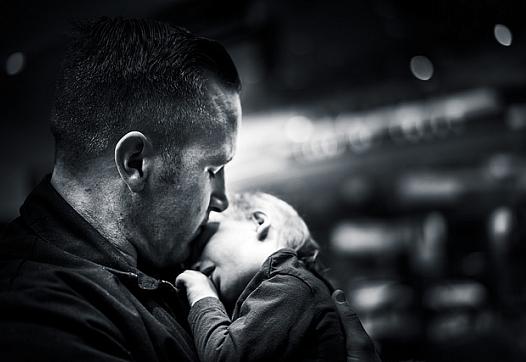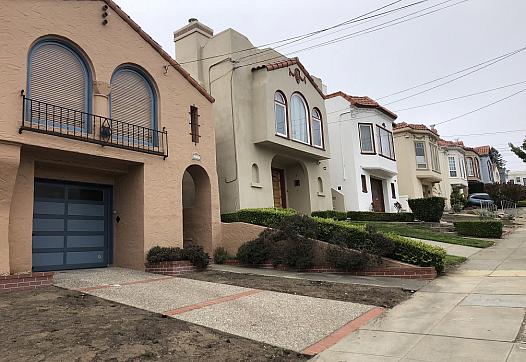
When I set out early this year to uncover gaps in mental health care services in one Bay Area county, I was utterly unprepared for just how deep the problems ran.

When I set out early this year to uncover gaps in mental health care services in one Bay Area county, I was utterly unprepared for just how deep the problems ran.
The story was produced as a project for USC Annenberg's 2018 National Fellowship.
![[Photo by Ishikawa Ken via Flickr.]](/sites/default/files/styles/teaser_list_thumbnail_large/public/title_images/Shanker_106713617_2d7489ca87_z.jpg?itok=gAnEyGT3)
Obesity is a major problem in Merced County, especially for children. So why is the local school district’s menu full of unhealthy items such as hot dogs and breakfast pizza?

Depression in fathers can hinder the development of healthy bonds between parent and child and lead to neglect. One L.A. pilot program is trying to prevent that.
![[Photo by Lance Shields via Flickr.]](/sites/default/files/styles/teaser_list_thumbnail_large/public/title_images/Bruce_Flickr.jpg?itok=y0iq-clF)
Why does Indiana have so many cases of child abuse and neglect? Only six states had more in 2016, and they all had much higher populations.

As more states consider legalizing marijuana, California's First 5 agencies are on the forefront of educating the public about the impacts during pregnancy and in homes with young children.

Molly is one of the recipients of the 2018 Impact Fund, a program of USC Annenberg's Center for Health Journalism.

The Courier Journal has received support from the University of Southern California's Center for Health Journalism to embark on a project about food insecurity in Louisville, with the goal of presenting solutions that fit our community.
![[Photo by thejaan via Flickr.]](/sites/default/files/styles/teaser_list_thumbnail_large/public/title_images/Gartner_26366848720_14544914a7_z.jpg?itok=N9wsPIyV)
"What I heard, over and over again, were stories of physical violence in juvenile residential programs."
![[Photo by Joe Szilagyi via Flickr.]](/sites/default/files/styles/teaser_list_thumbnail_large/public/title_images/304547828_f13a2e67dc_z.jpg?itok=LP23KhD8)
A new reporting project will examine child abuse deaths and near-deaths over a five-year span to gain a better understanding of how poverty contributes to child abuse across Alabama.